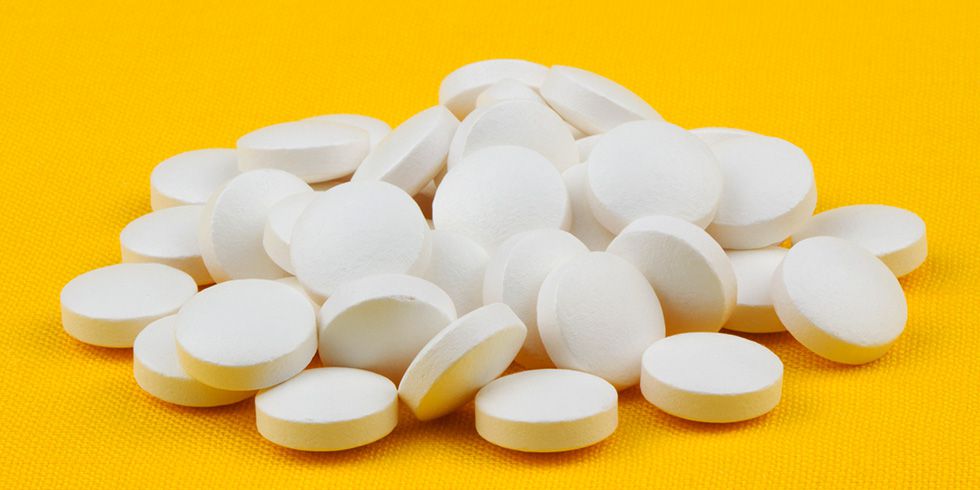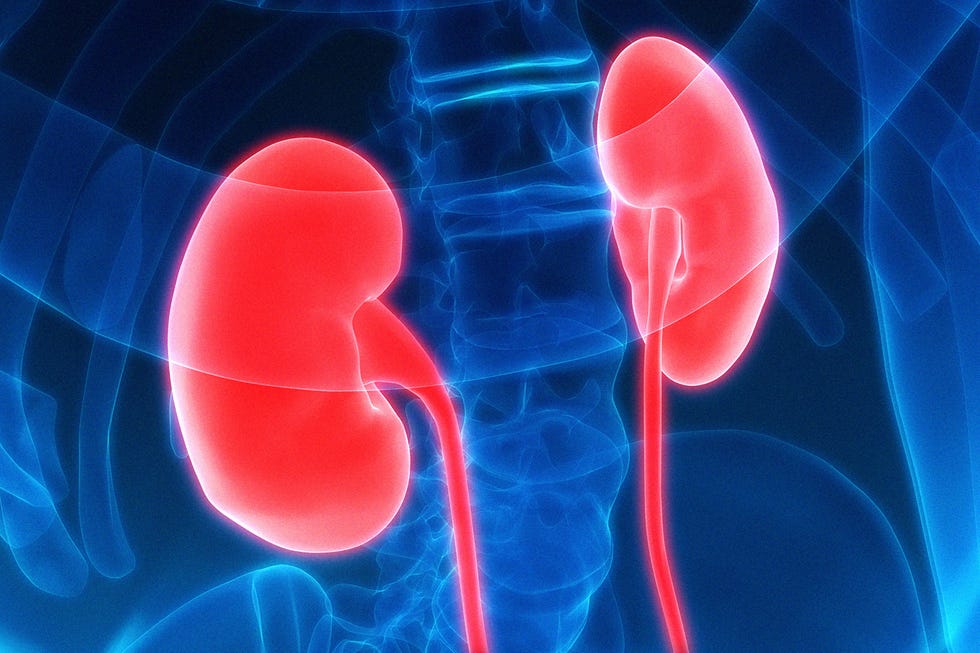Things Adderall should be taken for: treating attention deficit hyperactive disorder (ADHD). Things Adderall shouldn’t be used for: partying all night, losing weight, or pulling an all-nighter.
Yet, increasing numbers of young people seem to be using the drug for the latter.
One 2016 study from the Johns Hopkins School of Public Health showed that emergency room visits among 18 to 25 year olds for non-medical uses of Adderall increased 156 percent between 2006 and 2011.
Adderall is a stimulant, and taking it can help people with ADHD to better focus and feel more alert. It can have those effects on people without ADHD as well, and that’s why it’s commonly abused. “In many ways, it’s similar to caffeine,” says Shanna R. Levine, M.D., instructor of medicine at Icahn School of Medicine at Mount Sinai. “It can make you feel euphoric, awake and alert, and make a mundane task seem more stimulating and easier to focus on. Some people might think, ‘Who wouldn’t want that?’”
But, says Levine, taking Adderall when it’s not needed and when dosing isn’t monitored can have unpleasant and dangerous side effects. “I recommend the lowest dosage amount that will cause a therapeutic effect in people who need it for ADHD symptoms,” she says. “We don’t have studies yet to show what the long-term effects of taking Adderall are, so while we know it’s fairly well-tolerated, it does have effects on the heart and brain that need to be considered.”
Take note of these Adderall side effects before popping that pill.
1. Increased heart rate and blood pressure
Adderall causes a stimulation of the neurotransmitters norepinephrine and dopamine in the brain, which increase blood pressure and heart rate, says Levine. That increased blood flow to your brain is what gives people better focus on Adderall.
But, if too much is taken or someone has a history of heart disease, a spike in heart rate and blood pressure can be dangerous. “We typically don’t recommend this drug for people with heart issues, and anyone taking it should have their blood pressure checked regularly by their doctor,” says Levine. Adderall could lead to heart attacks if not taken properly or by someone at a higher risk.
2. Kidney damage
Because Adderall causes increased blood pressure, that could potentially cause damage to the kidneys over time, says Levine. High levels of blood flowing through and around the kidneys can cause narrowing and hardening of the arteries located there. This is why it’s especially important for people with any heart issues to avoid stimulants or make sure their doctor is monitoring their BP levels, as it could have even more implications over time.
3. Decreased appetite
Adderall makes the brain release more epinephrine, a hormone that makes you feel less hungry, says Levine. “It takes away your desire to eat, but it’s only temporary,” she says. “People find that when the Adderall wears off, they’re usually ravenous.”
If you take Adderall frequently and often lose your appetite, you may eat smaller portions that cause your stomach to shrink, says Levine, so weight loss could occur in that way. But, this isn’t a healthy or sustainable way to lose weight.
4. Trouble sleeping
Like any stimulant, Adderall can mess with sleep habits and make it difficult for some adults to fall asleep, says Levine. How much you’re taking and when can also have an effect on your ability to fall asleep, so certain tweaks to the dosing instructions can make a difference.
5. Agitation
While some people may experience a mood boost on Adderall, others may feel edgy, restless, or easily agitated on the drug, says Levine. Some people may experience mood shifts when they’re on the drug too, and feel uneasy as the effects are wearing off. It’s important to monitor these changes as they could be a sign that there’s another or different issue than ADHD at play, like depression, says Levine.
6. Increased tolerance for alcohol
Because Adderall makes you feel more awake and alert, it’s difficult to tell how drunk you’re getting when you have alcohol. “It increases your tolerance, so it can be dangerous in that you feel more sober than you really are,” says Levine. “People need to be more careful with drinking because of this.”
7. Dependence
Adderall itself does not have chemically addictive properties, but it can cause dependence, says Levine. “It’s desirable to addictive personalities,” she says. “And the positive effects are something you can become dependent on.”
She recommends people take days off from the drug every once in a while to clear their system of it and reduce the chance of dependence. “It’s not like an anti-depressant where it needs to be taken every day to work properly. You only need to take Adderall when you feel like you need it.”
IMAGES BY GETTY IMAGES








 using WordPress and
using WordPress and
No responses yet